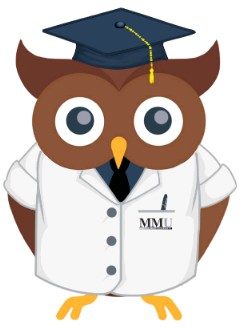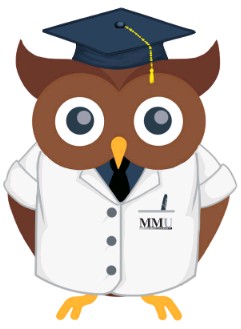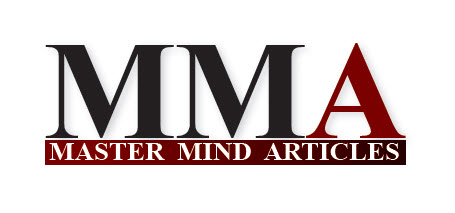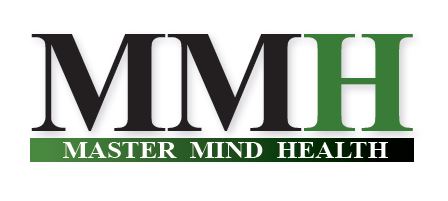
Educational Article from the Field of Master Mind Health (MMH)
Shared from the desk of: Joseph Mercado
Article Author: Dr. Mark Rosenberg
Blog Post #554
Article Title: Collagen & Calcium: The Dynamic Duo That Prevents Bone Loss
Article Source: Foodtrients.com
Keyword: Collagen
Universal Principle: Law of Health
To: Entrepreneur
Re: Collagen and Calcium
Date and time: Wednesday, December 12, 2018 at 6:18 p.m. ⏰
Dear Entrepreneur,
It is always important to make sure my older patients are getting enough calcium and Vitamin D to protect against bone loss and osteoporosis.
Post-menopausal women are at highest risk for osteoporosis. Recently, though, researchers out of Florida State University have added another nutrient which helps prevents bone loss even better.
Let me tell you about it and how you can add it to your bone loss prevention regimen…
New Supplement Adds Collagen to Calcium to Fight Bone Loss
Calcium and Vitamin D are well known for working together to prevent bone loss. But, as good as they are, the researchers at Florida State University have found that chelating, or “binding”, another nutrient to calcium works even better.
Recent study reports that this chelate is superior in preventing bone loss in early menopausal women who can lose bone quickly. But, it also helps post menopausal women fight bone loss as well as older men.
This nutrient is really nothing new, though. I’ve actually already told you about taking it separately for good joint, ligaments and tendons health. As you get older, your stores of this nutrient deplete and all these supporting structures start to weaken and lose elasticity.
They can stretch, thereby causing joints (especially knees and hips) to fall out of alignment. In turn, you have pain and decreasing mobility. At that point, you may have to undergo surgery to re-tighten the ligaments and tendons and re-align the joint so that they can function properly.
This nutrient is collagen. As the Florida researchers learned, it also plays a big role in keeping your bones strong. It makes up about 25% of your bone structure and is a form of protein. Collagen creates the organic, or “living”, part of your bone matrix, the inner bone, and keeps it “knit” together strongly.
If this inner part of your bones doesn’t have enough collagen, your bones are unable to take hold of calcium as it enters your bones through your blood.
Interestingly, a few years back, other researchers out of Yale University learned that a lot of facial wrinkles can equate to lower bone density. Why? Because collagen is what also keeps your skin’s cellular matrix knit tightly together as well. So, low collagen levels will not only create more wrinkles on your face but also lessen your bone density as well. Your collagen levels will decrease if you have a diet deficient in Vitamin C and protein.
You have about 16 types of collagen at work in your body, but types 1, 2 and 3 are the most common. Types 1 and 3 work together throughout your body to strengthen and give support to bones, ligaments, tendons, skin, teeth, hair, nails, eyes, etc. It really is one of the hardest working nutrients. And taken with calcium and Vitamin D, it really helps boost bone density.
You can find collagen/calcium chelate supplements under different names in health food stores or vitamin retailers. The supplement that the Florida State researchers used in their study is called KoACT. But, you can also create your own “chelate” simply by taking your calcium and Vitamin D supplements with collagen.
Unless my patients already have osteoporosis, I recommend getting your calcium from food sources in divided amounts throughout the day. For example, 400 mg of calcium 3 times a day. With your calcium take 1-2,000 Vitamin D3, and 500 to 1,000 mg type 1 natural fish skin, or marine, collagen (not fish scale).
In addition, I also recommend foods that are rich in collagen, or help your body make it. These include foods rich in Vitamin C like berries, citrus fruits, kale; Omega-3 fat containing foods like avocado, cashews, and salmon; sulfur containing foods like cucumbers, celery stalks and black olives, and foods rich in Vitamin A, like sweet potatoes, cantaloupe, pumpkin.
In summary, if you want to keep your bones strong, be sure you’re getting enough collagen boosting foods, or supplement, in your diet. In addition, be sure to optimize your bone absorption of calcium by taking calcium with collagen.
In a few short weeks, you’ll not only notice that your joints are feeling less pain, but your facial wrinkles will have softened and a bone scan test would probably show your bone density to be better.
To Your Healthy Success,
Dr. Mark Rosenberg
Author, Writer, and Content Contributor for Foodtrients.com
About Dr. Mark Rosenberg:
Dr. Mark A. Rosenberg, MD received his doctorate from Georgetown University School of Medicine in 1988 and has been involved with drug research since 1991. With numerous certifications in several different fields of medicine, psychology, healthy aging and fitness, Dr. Rosenberg has a wide breadth of experience in both the public and private sector with particular expertise in both the mechanism of cancer treatment failure and in treating obesity.
He currently is researching new compounds to treat cancer and obesity, including receiving approval status for an investigational new drug that works with chemotherapy and a patent pending for an oral appetite suppressant. He is currently President of the Institute for Healthy Aging, Program Director of the Integrative Cancer Fellowship, and Chief Medical Officer of Rose Pharmaceuticals.
His work has been published in various trade and academic journals. In addition to his many medical certifications, he also personally committed to physical fitness and is a certified physical fitness trainer.
P.S. Learn how to become a successful entrepreneur through online education with MMU.
Do you know someone who can learn from this educational article
If so….
Please share Calcium & Collagen with your family, friends, colleagues, and business partners.
Thank You.
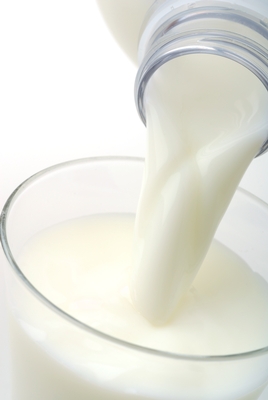
![]()
➡ Have a question about this article?
Please send us an email message below and we will serve you with an answer momentarily.
